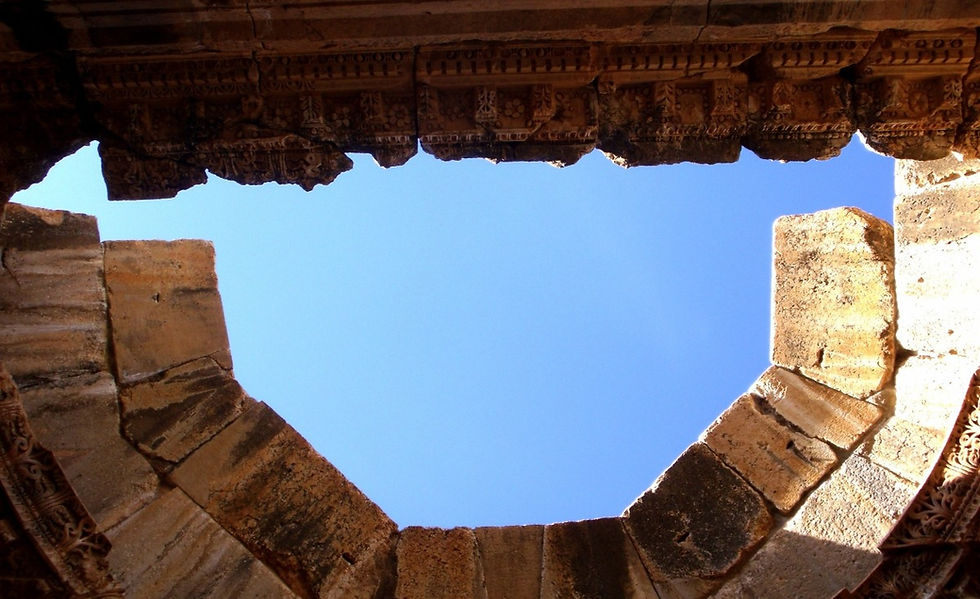Featured Dreg: Me
I've just returned from a research trip in Beirut (thanks to an American Philosophical Society's Franklin Grant), where I made initial headway on my next book project on society in the aftermath of World War I in mandate era Lebanon. I hadn't realized how much I missed Beirut until I was once again in the presence of loved ones in one of the formative places in my young adult life.
I was also fortunate to have been asked to speak on my past research on the famine of World War I, a topic that is far too timely amid Lebanon's ongoing economic and social crisis and the manmade famine Israel has imposed on Gaza. You can check out my talks with Ronnie Chatah on the Beirut Banyan podcast and the AUB's inaugural History Talks episode.



Books and Publications
Featured Publication
Famine Worlds: Life at the Edge of Suffering in Lebanon's Great War was published by Stanford University Press in August, 2023. In it, I examine the complexity of life in times of crisis, focusing on the horrific famine that devastated Lebanon during World War I. Ultimately, Famine Worlds seeks to understand the human experience of crisis, going beyond simple death tolls to find how people lived and adapted to a world that had been transformed by insuperable catastrophe into something terrible and new.
In the U.S., check out Amazon or Barnes and Noble. In the UK or Europe, click here. Contact Stanford University Press to request a copy for review.










